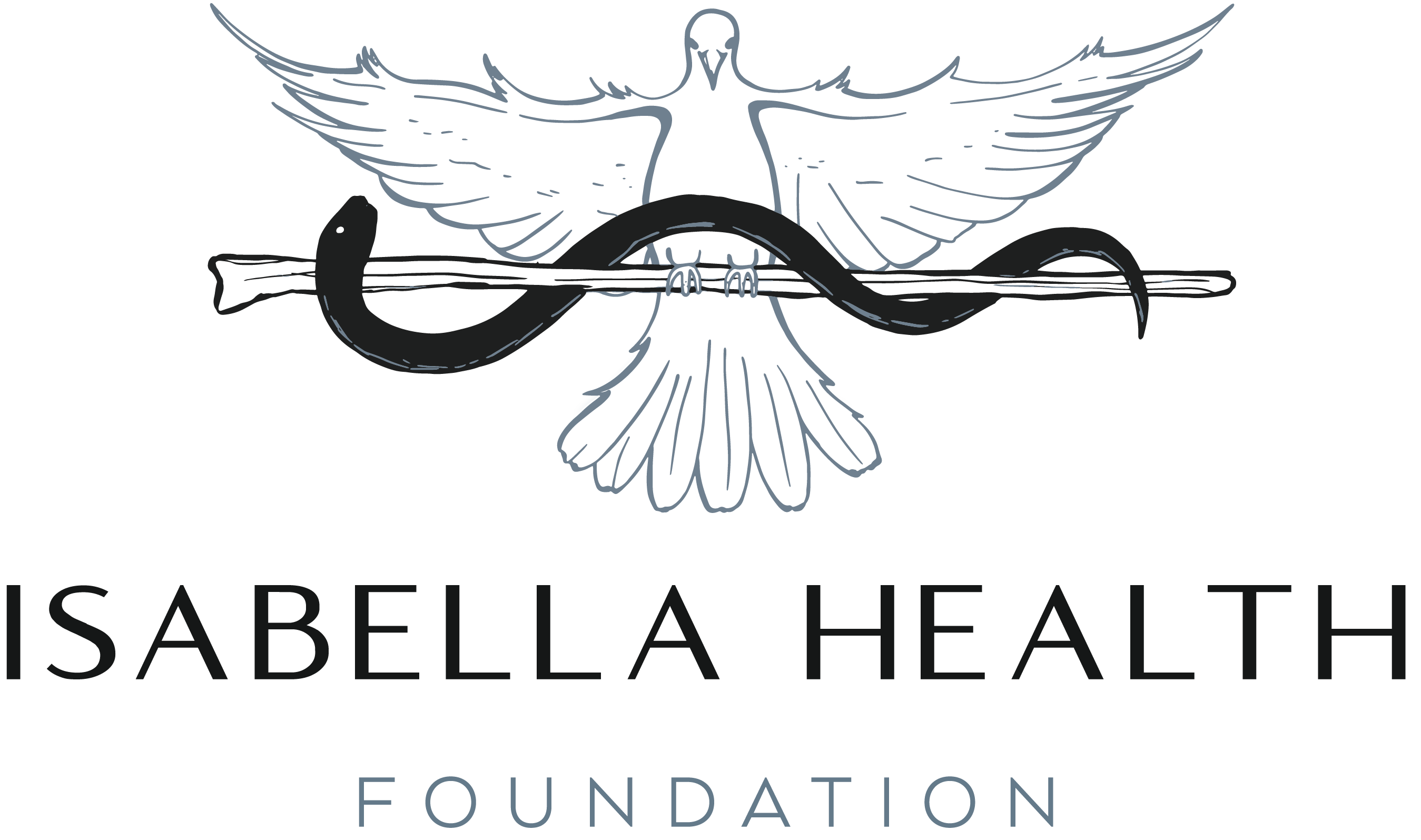Global Education Program—IHF LIteracy Project
Globally, illiteracy is a significant public health problem. The UNESCO Institute for Statistics estimate worldwide 750 million adults are illiterate, with two-thirds whom are women. Gender disparities persist among adults and youth. According to the National Center for Education Statistics, in the United States, 43 million adults have low literacy skills and 8.4 million are considered illiterate. One in 4 children grow up without learning how to read and significant racial and ethnic achievement gaps persist.
It is well known that literacy is an important indicator of the relationship between socio-economic inequalities and health disparities. Low literacy skills affect one’s use of health services as well as management of chronic diseases. So, how can an individual with low literacy skills be expected to be responsive to health education? Health information is often complex and individuals with high literacy can still experience difficulty interpreting health information. Now imagine being illiterate or having low literacy. The expectation to read medical terms, interpret statistics, understand complicated self-care instructions and vote on issues relying on unfamiliar technical information is unreasonable and unjust. And so is this common perception that limited literacy and health literacy are not connected. Then there is this forgotten fact that not reading by 4th grade makes a child more likely to drop out of school. Why aren’t there more interventions targeting children? There is this educational status quo which is inherently unequal and perpetuates a cycle of illiteracy, low health literacy and health disparities among the most disadvantaged populations. I want to disrupt this status quo beginning with our children.
-Katharine Hawkes, Founder and CEO
IHF Literacy Project
Globally, illiteracy and low health literacy are significant public health problems and it is widely acknowledged that health literacy skills are strongly correlated to general literacy skills and literacy is an important indicator of the relationship between socio-economic inequalities and health disparities. People with low literacy skills are less likely to be responsive to health education which adversely affects their use of health services and management of chronic diseases. Nevertheless, programs aimed at general literacy skills in youth for health promotion are lacking.
We developed an evidence-based, culturally sensitive literacy curriculum targeting PreK-12 learners with no exclusions based on instructional influences. Therefore, students from public and charter schools, private schools, and non-traditional schooling are all targeted for preventative and intervention services. With high emphasis on phonics based instruction, curriculum is designed to be multifaceted with the ability to be implemented in small group settings as well as one-on-one individualized settings.









